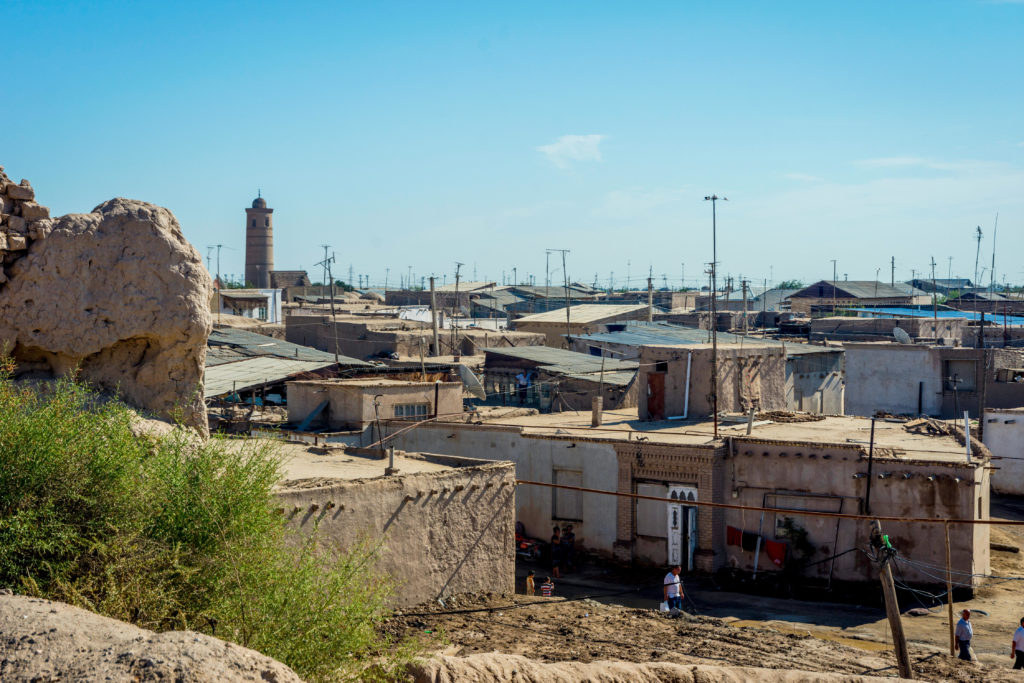TASHKENT
Uzbekistan will receive more than $420 million in loans, mostly from the World Bank, to modernise its ageing electricity infrastructure, an improvement that’s expected to boost the regional electricity trade across Central Asia.
The country’s Electricity Sector Transformation and Resilient Transmission project will receive a $380 million concessional loan from the World Bank’s International Development Association (IDA), and a $43 million loan from the United Nations-backed Green Climate Fund (GFC), the world’s largest climate finance institution, the bank said in a statement.
The project’s aim is to ensure millions of households and businesses across Uzbekistan receive a reliable energy supply, which the current infrastructure is unable to provide. The government will receive this financing at very low-interest rates and with the longest repayment period of up to 40 years. The GCF will also provide a $4 million grant to cover selected project activities.
“This new transformational project supports the government’s goal of removing barriers to the effective operation and growth of the electricity sector,” Marco Mantovanelli, the World Bank country manager for Uzbekistan, said in a statement. “It will create the conditions for turning the country’s National Electric Grid into a modern and commercially-run company and modernising the national power transmission system.”
Demand for electricity in Uzbekistan is fast outstripping current capacity. Electricity demand in the country of 35 million is expected to grow to over 100 terawatt-hours (TWh) by 2030, a significant increase from 61 TWh in 2018. But while Uzbekistan has more than 250,000 km of electricity transmission and distribution lines, most were built in the Soviet period and are now past their useful economic life. This outdated infrastructure means that 20 percent of net electricity generation is routinely lost, and power outages are frequent.
The world bank said that modernising the system will ensure a reliable electricity supply for approximately 32 million consumers and enable the grid integration of new large-scale renewable energy generation projects. It will also contribute to the development of regional electricity trade in Central Asia by rehabilitating and expanding transmission infrastructure connecting Uzbekistan with Afghanistan, Kazakhstan and Tajikistan’s electricity systems.
The loan will finance part of Uzbekistan’s National Electric Grid’s priority investment programme to modernise 22 existing obsolete high-voltage substations, and build a new 500 kV transmission substation, with associated transmission lines, in 11 regions of the country.
The National Electric Grid’s central and regional dispatch centres will benefit from new technologies and systems, improving the control, monitoring and operation of the country’s power transmission.
The financing will also help Uzbekistan integrate renewable energy produced by the private sector into its existing network, contributing to the government’s plans to de-carbonize the electricity sector, as well as encourage private investment into the country’s renewables industry.

